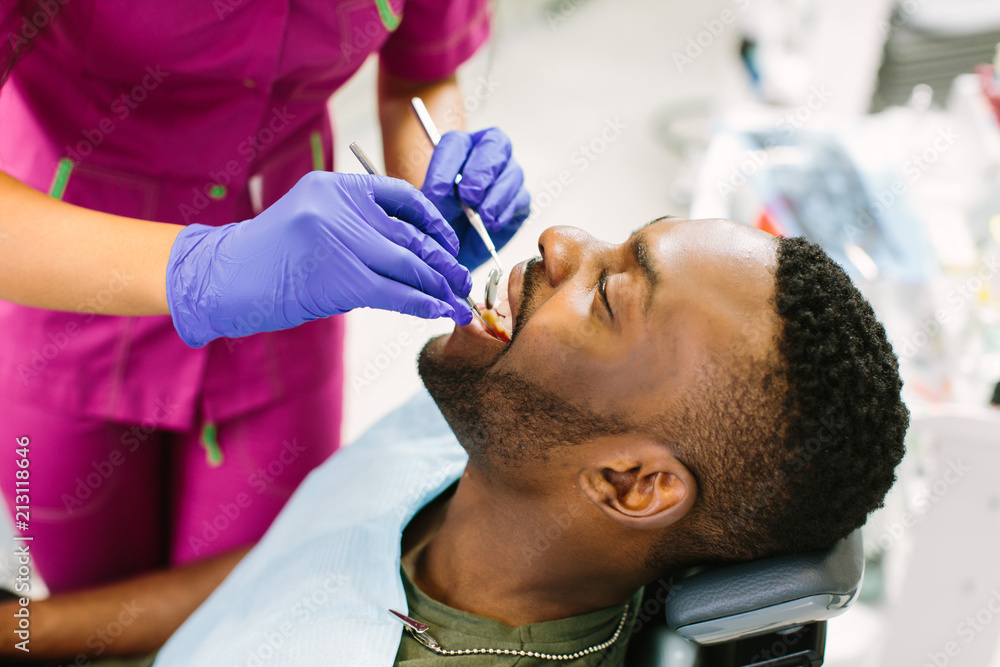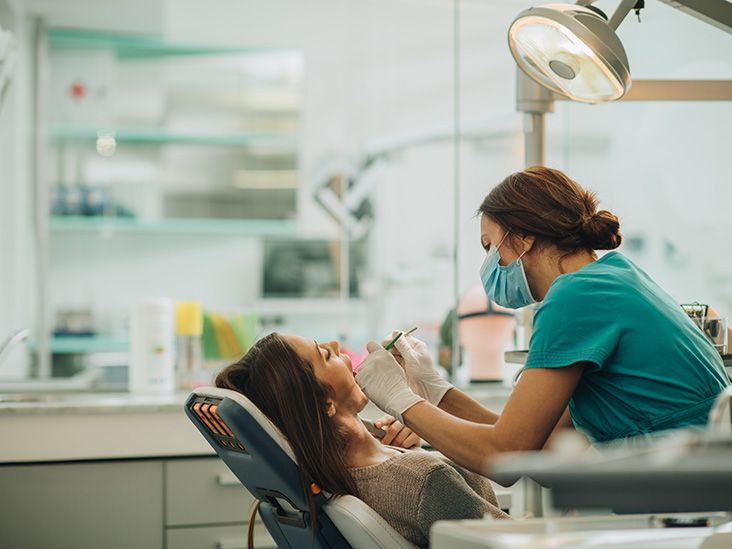Typical Questions About Oral Veneers Responded To
Dental veneers have actually become a progressively in-demand option for those looking to enhance their smiles, yet numerous individuals remain unsure about different facets of their use. As we check out these usual inquiries, it comes to be important to think about not just the benefits however additionally the ramifications of deciding for dental veneers in quest of an extra confident appearance.
What Are Oral Veneers?
Oral veneers are thin, custom-made shells crafted from porcelain or composite material that are made to cover the front surface of teeth. These dental prosthetics serve both visual and useful objectives, giving a service for different oral blemishes, consisting of staining, chips, gaps, and misalignment. By sticking to the teeth, veneers can dramatically enhance the overall appearance of a smile, producing a much more eye-catching and consistent look.
Porcelain veneers are specifically favored for their natural clarity and tarnish resistance, making them a perfect option for people looking for lasting outcomes. In comparison, composite material veneers are generally cheaper and can be used in a solitary visit, but they may not use the very same durability as porcelain options.
The choice to go with dental veneers commonly comes from a need for visual renovation, but patients ought to also think about aspects such as the durability of the product, maintenance needs, and the potential need for tooth reduction (Veneers). Ultimately, dental veneers represent a versatile and effective option for accomplishing a radiant smile, satisfying individual cosmetic demands while advertising self-confidence and self-confidence
How Are Veneers Applied?
The application procedure for veneers requires careful preparation and precision to guarantee optimum results. The treatment typically starts with a thorough appointment, where the dental practitioner reviews the individual's dental health, reviews wanted end results, and figures out the suitable kind of veneers, whether porcelain or composite material.
When the treatment strategy is established, the dentist prepares the teeth by getting rid of a thin layer of enamel, generally regarding 0.5 mm to 1 mm, to fit the veneer. This step is critical as it makes sure an appropriate fit and protects against the veneers from appearing cumbersome - Dental Veneers. After preparation, impacts of the teeth are taken to develop custom-made veneers that match the patient's special dental structure and visual preferences
While the long-term veneers are being produced in an oral research laboratory, momentary veneers may be positioned to safeguard the ready teeth. As soon as the irreversible veneers are ready, the dental practitioner will carefully bond them to the teeth using a strong oral adhesive.
What Are the Benefits?

Moreover, veneers are understood for their longevity and resistance to discoloring contrasted to all-natural teeth. Made from top notch products such as porcelain or composite material, they can keep their appearance for many years with correct care. This durability makes them a functional financial investment in one's dental appearance.
In addition to visual improvements, veneers can additionally contribute to boosted oral health. By covering damaged or weakened teeth, they can give additional support and security, aiding to avoid additional decay or wear and tear. This safety aspect can minimize the demand for a lot more extensive dental treatments in the future.

How Much Time Do They Last?
With proper treatment and maintenance, oral veneers can last anywhere from 10 to 15 years, making them a long-lasting service for enhancing one's smile. The longevity of veneers largely depends upon the product made use of, the quality of the first placement, and the person's adherence to dental health techniques.
Porcelain veneers are known for their toughness and resistance to discoloration, usually lasting closer to the 15-year mark when taken care of properly. Composite veneers, while much more economical, might call for substitute faster, usually within 5 to 10 years as a result of their susceptibility to put on and staining.

Furthermore, wearing a mouthguard during sports or nighttime can offer extra defense. Inevitably, while veneers provide a considerable visual enhancement, their durability is significantly influenced by the commitment to appropriate oral treatment and normal assessments with an oral professional.
Are There Any Type Of Risks?
Thinking about the transformative impacts of dental veneers, it's vital to recognize the prospective risks associated with their application. While veneers can boost the appearance of teeth, the treatment includes the removal of a thin layer of enamel, which can increase tooth level of sensitivity and susceptability to degeneration.
One substantial threat is the possibility of incorrect placement or suitable, leading to pain, bite imbalance, and even damage to the underlying tooth framework. In addition, if the veneers are not kept effectively, they can become stained or cracked with time, necessitating replacement.
Clients may also experience sensitive reactions to the products utilized in the veneers, especially if they have sensitivities to specific dental composites. Moreover, while veneers are long lasting, they are not indestructible; excessive force from clinching or grinding can cause cracks.
It is important for individuals to speak with a certified oral specialist to examine their private risks and to comply with aftercare guidelines carefully. By recognizing these threats, people can make enlightened choices concerning their dental veneer treatment and make sure the durability and success of their improvements.
Conclusion
In summary, dental veneers stand for an important cosmetic option for boosting smiles, with factors to consider concerning their application, benefits, long life, and associated dangers. Inevitably, informed decision-making regarding oral veneers can lead to satisfying visual results and enhanced dental health.
Oral veneers are slim, custom-made shells crafted from porcelain or composite resin that are made to cover the front surface of teeth. After preparation, impressions of the read this teeth are taken to develop custom-made veneers that match the patient's unique dental structure and aesthetic choices.
While the permanent veneers are being produced in a dental research laboratory, momentary veneers may be placed to protect the ready teeth. Once the permanent veneers are prepared, the dental expert will thoroughly bond them to the teeth utilizing a solid dental adhesive. Inevitably, notified decision-making relating to index oral veneers can lead to adequate visual results and improved dental health.